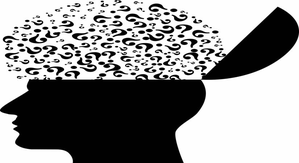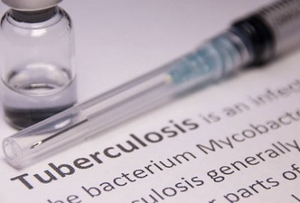Ayurveda can be new hope for Alzheimer’s Disease, claims new study
New Delhi, Jan 18: Scientists at the Bose Institute in Kolkata, an autonomous institute of the Department of Science and Technology, have shown that Ayurveda can provide new hope for Alzheimer’s Disease.
The team, led by Professor Anirban Bhunia, employed two distinct strategies to fight amyloid proteins and peptides, known to play a pivotal role in various neurodegenerative diseases, including Alzheimer’s disease (AD).d They began by using chemically synthesised peptides to combat amyloid beta aggregation. Next, they repurpose a drug called Lasunadya Ghrita (LG) from Ayurveda.
The traditional Indian medicine system has previously shown efficacy in treating depression-related mental illnesses. The non-toxic compounds of LG and their components were characterised and repurposed for use against amyloid beta 40/42 aggregation. “The water extract of these compounds, referred to as LGWE, not only disrupted the fibrillation process during the elongation step but also inhibited the formation of oligomers in the initial stages of the fibrillation pathway,” said the researchers at Bose Institute. Further, these compounds demonstrated greater efficacy in breaking down amyloid aggregates into non-toxic smaller degradable molecules compared to the chemically designed peptides.
This suggests its novel role in disaggregating amyloid-prone proteins. These chemically designed peptides are “non-toxic, serum-stable, and effective in inhibiting as well as disaggregating amyloid proteins,” said Professor Bhunia, along with his collaborators from the Saha Institute of Nuclear Physics (SINP) Kolkata and IIT-Guwahati, in the paper published in the journal Biochemistry (ACS). In addition, other Ayurveda experts from the State Ayurvedic College and Hospital at Lucknow University, along with other researchers from the Saha Institute of Nuclear Physics, demonstrated how natural compounds can enhance the inhibition and breakdown of amyloid beta more effectively than the chemically designed peptides. The findings highlight the potential of Ayurveda as a viable solution to complex neurodegenerative disorders like Alzheimer’s, and dementia.



